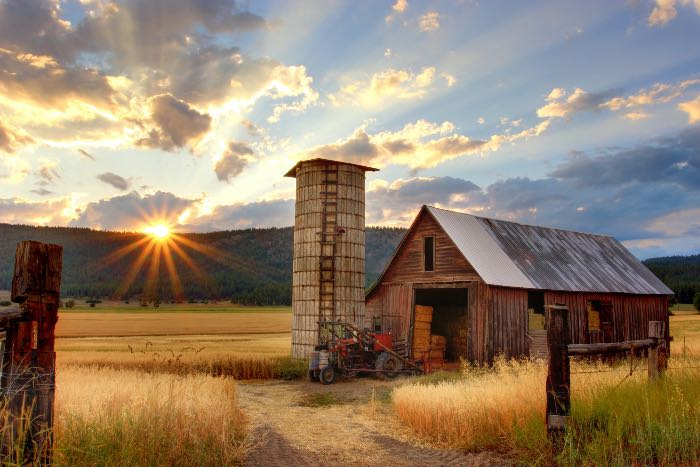
Our soil is dying.
Soil, the top layer of the ground where an entire ecosystem can reside—rich with nutrients and microbes—is becoming increasingly scarce.
The reasons are many, but they almost entirely revolve around farming practices. And not just the use of pesticides. And not just the mechanization of farming. The deep tilling of the soil, even by hand, is killing our soil.
Soil is like a mature forest. It isn’t made in a day. We can’t throw chemicals at it and make it good again.
But we can destroy it. Make it as inhospitable as a desert.
Or, if we stop destroying the soil, maybe after a century or so, it can be rich again.
The Image
Last week, I wrote about the false scarcity of good soil. I wrote that knowing that literal soil is becoming scarce. But the image Jesus was using in his parable isn’t about our modern problem. He doesn’t presume scarcity the way we do.
So what does it mean for us, then? To live in a world of increasingly scarce good soil in literal terms? What does this mean for our understanding of the metaphorical good soil? The concept of being hospitable home for good seeds to grow healthy.
Here are some obvious responses:
- We’re all doomed. This is nihilism. There is absolutely nothing good about this response.
- Goodness is disappearing like the soil. An idea that offers itself up like skepticism or rationalism, but it is a false mask. This an attempt to find security in the assumed binary nature of everything.
- It’s up to us. This is the embodiment of the “think global, act local” mantra. Regardless of what can be done, each of us can do something.
- WE need to change. It isn’t just about the things I do to be a good person (ie. recycle, conserve water and electricity, etc.), but the way we all organize and make a fundamentally different world.
Soil can live again
Most of our response to climate change has been depressingly obtuse. We have found the allure of nihilism too tempting, even within the communities most eager to change things.
Similarly, the way we offer up the future opportunities as some kind of economic puzzle—like reducing carbon and preserving soil is weighed against the benefits of burning fossil fuels is the weakest of human thinking.
Protecting our soil isn’t a matter of cost effectiveness—we allow people to destroy our soil for free.
Being good people who care about our community—we have an abundance of opportunity for that. In fact, we might even say that we have unlimited resources at our disposal.
